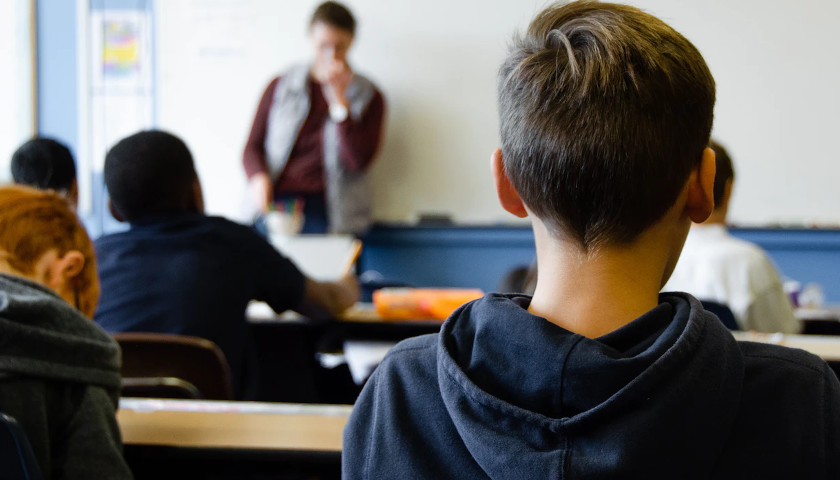A few weeks ago, Exxon announced that it was banning the display of Pride and BLM flags at its headquarters in Houston. There was a ripple of unhappiness, but nothing was burned down, the media attention was muted, and the world went about its business as before.
Across the country, school board elections are tossing out woke ideologues and partisans of critical race theory and replacing what amounts to gay pornography in the curriculum with more wholesome fare. The Biden Administration keeps running into roadblocks, most recently a judicial order halting its efforts to rescind Title 42, a Trump-era emergency order that turned away would-be immigrants at the U.S.-Mexico border. A few days ago, Biden’s absurd Disinformation Governance Board was shuttered and its pathetic director, Nina Jankowicz, sucked back into the memory hole whence she came.
Read More


